Health
Medical Records Database
To improve the health and care of patients, innovative approaches need to be applied. With the advent of technology, there are opportunities to utilise this to support better healthcare.
Patients often lack adequate health notes that a healthcare provider can reference when treated. This means that the healthcare provider is often unaware of any allergies, complications or other conditions the patient may have which results in inadequate treatment that can give rise to further complications and even result in death.
Even where medical records exist, the notes are not kept in a good state and are prone to damage, misplacement and are not readily available at the point of care.
By introducing electronic medical records, patients care would be greatly enhanced by curing the above shortcomings and supporting telehealth with the doctor at a remote location able to access the patient's medical history so as to provide adequate treatment

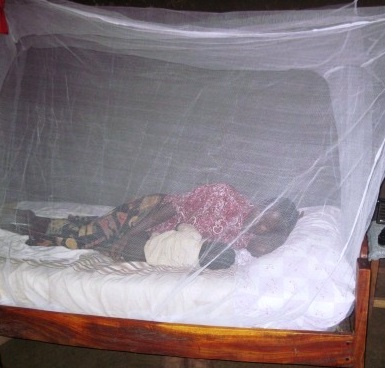
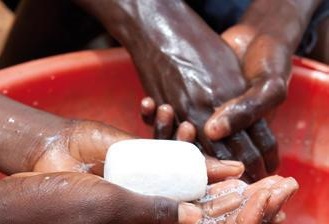
Prevention
On the healthcare aspect Buganda Community Action Network (BCANET) focuses on the re-establishment of well-funded qualitative and comprehensive healthcare systems that do not only promote but also protect, prevent, restore and offer rehabilitation to the local residents within the available resources so that individuals and communities remain productive with improved social well-being. We believe that “prevention is better than cure”. Thus, BCANET healthcare programme puts emphasis on the enforcement of the following:
Improving & Enforcing homestead hygiene
- Using boiled water for drinking
- Approved pit latrines with covers
- Outdoor airers (obutandaalo) for cups and other utensils
- Washing/peeling fruits before eating them
- Proper storage for utensils, food leftovers and food stock
- Hand washing before and after eating
- Reporting children and adults' illnesses as soon as they occur
Many diseases are preventable with proper education and when intervention is carried out in a timely manner. There are lots of ailments that are picked up from poor hygiene such as cholera and typhoid yet these diseases can result in death.
Ailments such as malaria can be prevented through the use of mosquito nets. According to the World Health Organisation (WHO) 80% of all visual impairment can be prevented or cured. Yet the impact of blindness has far-reaching consequences especially in poor rural communities.
With adequate education to ensure proper hygiene in homes, communities and schools as well as regular health checks, many of these diseases can be prevented and should they occur, timely treatment can be given before they advance and become incurable or costly to treat.
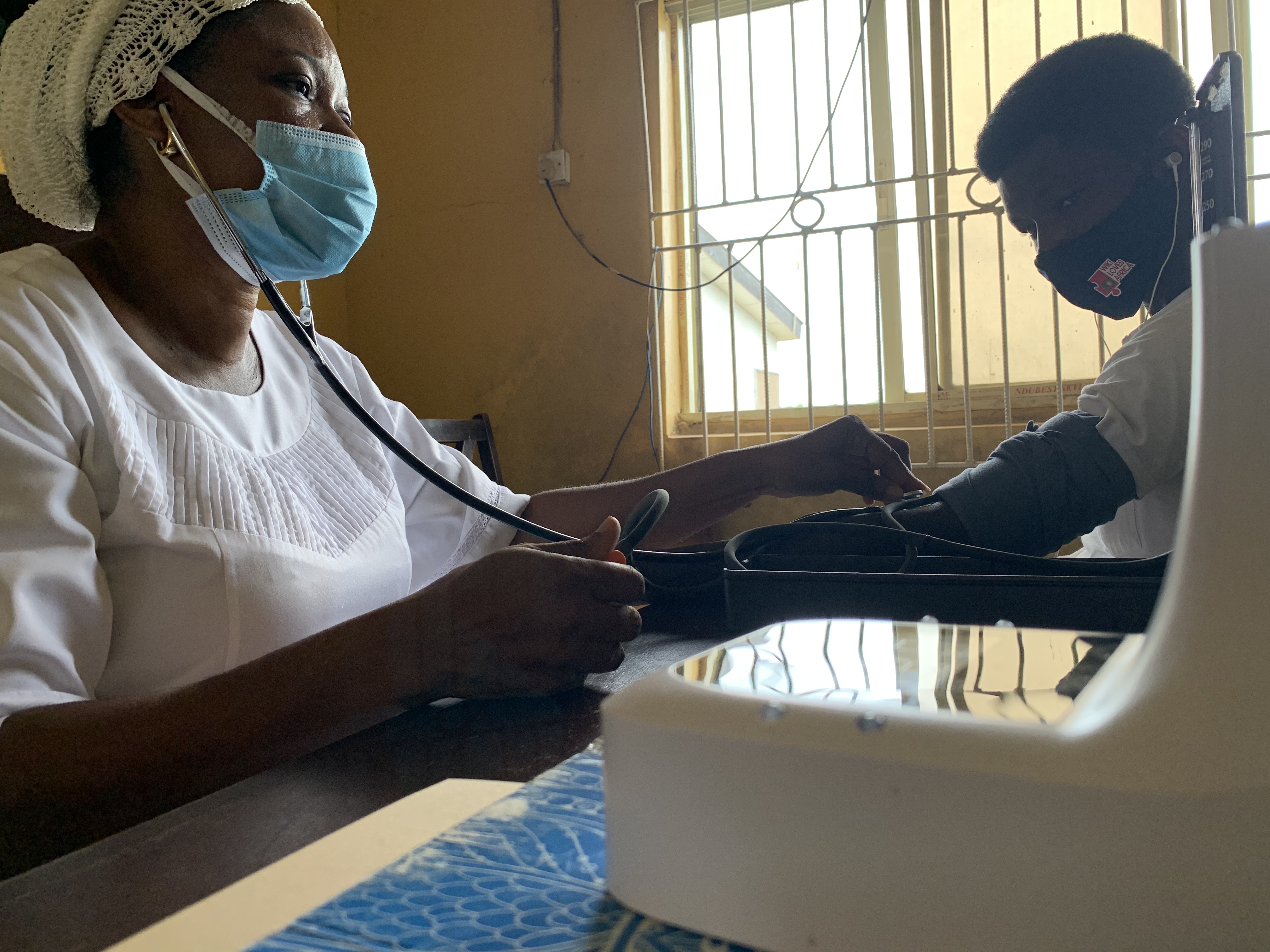
Early Diagnosis
Although healthcare needs should be given a first priority in our day to day life, in such rural areas as Kyebe (Kannabulemu) this thinking almost does not exist due to the cost of seeing a doctor if available.
Therefore, there is a need to change people’s culture of visiting the doctor at the last minute of their life. It is this gap that BCANET is bridging through the introduction of affordable regular basic medical check-ups for adults. These check-ups will go a long way in providing data for early diagnosis of illnesses that can easily be treated before turning into serious medical conditions.
For lots of people and moreso in rural places, early diagnosis makes a big difference to mortality. Medical advice can be given to prevent the onset of a condition that might occur.
Where a condition or disease is detected early, the cost of treatment may not be as exhorbitant as when detected late. When detected in an advanced state, due to the cost of treatment, adequate care may not be affordable leading to preventable deaths.
Child Health
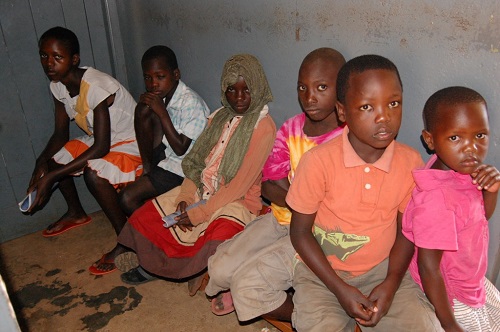
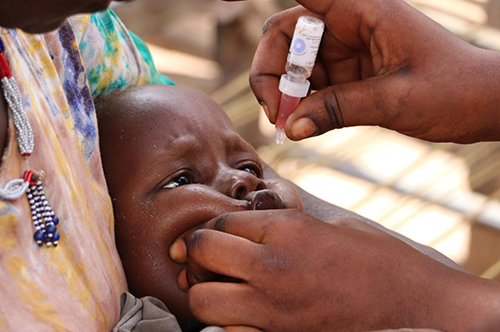
Child Health
Information is crucial in supporting the analysis of trends so as to enable effective decision making. BCANET believes in making such information available through the creation of information systems that can provide business intelligence.
Therefore, on the Child Health aspect of our project, our child health team focuses on the creation and maintenance of a Child Health Information System (CHIS). The child health team works very closely with the maternity team where data about all new born babies is collected to feed the CHIS. The main benefit of this approach is the early assessment and determination of whether the child health and development is on schedule or needs referral for specialist intervention. This is one of the ways to guarantee new healthy generations.
The availability of the information systems such as as the CHIS enables the application of telehealth, which allows remote access to skilled specialists without the need to be on location in the rural areas.
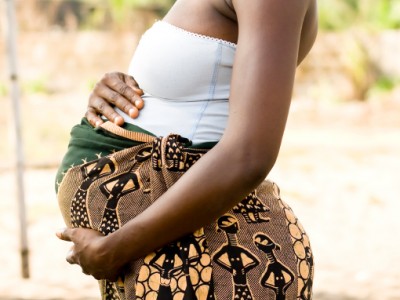
Maternity Care
Family planning support from the age of 16 years and introduction of nutritional programmes for all, putting emphasis on Medical Health Checkups and Personal Medical Records (PMR). To educate and recommend Medical Insurance Schemes (MIS) for all.
Maternity care is crucial to ensure that women remain in good health during the pregnancy period and to detect complications early on that may cause difficulty during birth.
Support during and after delivery is also vital for the safety and wellbeing of the mother and child.
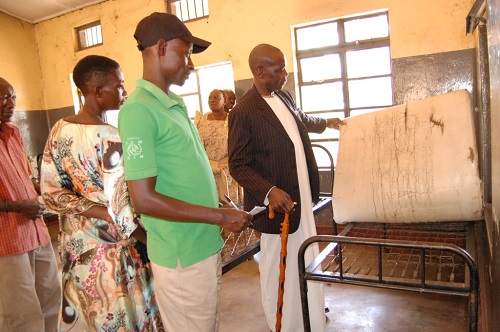
Clinical Infrastructure
BCANET commitment to improve healthcare services in rural areas
At BCANET we are committed to the renovation of all existing Public Healthcare Centres (PHC) in our focus areas within Buganda Kingdom.
Emphasis on hygiene as a compulsory subject in all local schools and give support to Local Health Officers (LHO) and Village Hygiene Officers (VHO) (Omusawo w’obuyonjo). Emphasis is also put on Health Visitors to teach and enforce basic standards for child development among parents.
BCANET focuses on the establishment of Patient Forums (PF) as a means of empowering local communities to engage, monitor and maintain the quality of local healthcare services provided.



